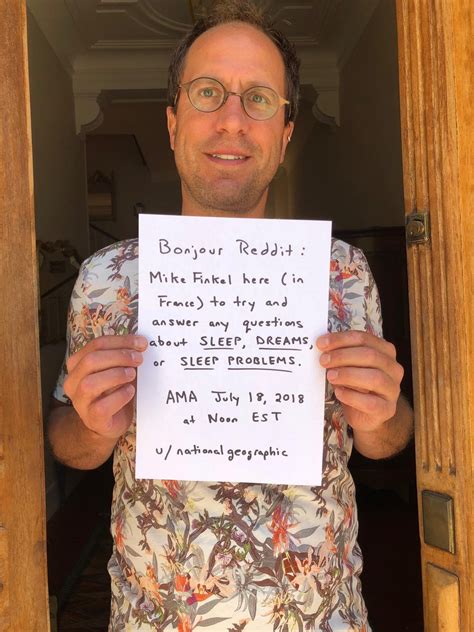A Quote by Graham Greene
It is the storytellers task to elicit sympathy and a measure of understanding for those who lie outside the boundaries of State approval.
Related Quotes
To be a good storyteller one must be gloriously alive. It is not possible to kindle fresh fires from burned-out embers. I have noticed that the best of the traditional storytellers whom I have heard have been those who live close to the heart of things-to the earth, the sea, wind and weather. They have been those who knew solitude, silence. They have been given unbroken time in which to feel deeply, to reach constantly for understanding. They have come to know the power of the spoken word. These storytellers have been sailors and peasants, wanderers and fisherman.
I don't measure people by whether they agree with me or not. I measure them by their sincerity. Sincerity, with as much reality as you can get. Sincerity with toughness, experience, and understanding of the issue - real understanding, not just academic and intellectual understanding. That takes some courage.
Whenever you're writing a book or creating a movie or a game, your first task is to get the reader/audience/player to suspend disbelief, to buy into the logic and boundaries of your world, even though those boundaries might include things like dragons and magic. To do that, you need long threads - of history and culture.
Acceptance is approval, a word with a bad name in some psychologies. Yet it is perfectly normal to seek approval in childhood and throughout life. We require approval from those we respect. The kinship it creates lifts us to their level, a process referred to in self-psychology as transmuting internalization. Approval is a necessary component of self-esteem. It becomes a problem only when we give up our true self to find it. Then approval-seeking works against us.
What do we measure when we measure time? The gloomy answer from Hawking, one of our most implacably cheerful scientists, is that we measure entropy. We measure changes and those changes are all for the worse. We measure increasing disorder. Life is hard, says science, and constancy is the greatest of miracles.
Racism itself is difficult to measure. We can measure hate crimes - which are absolutely an indicator. We can measure reports of discrimination. We can measure the number of times hateful words are being used across the Internet. Those things all help us measure racism, but it can sometimes be nebulous.






































